
Sun, 2025/04/13
Nat Aging: A New Epigenetic Clock Reshapes the Way People Predict Biological Age

Fri, 2025/03/14
Scientists Discover Key Mechanism by Which A Β Promotes Tau Protein Diffusion
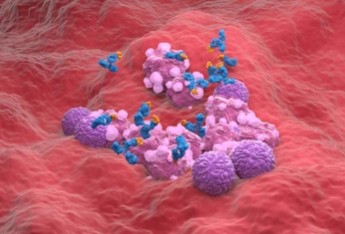
Fri, 2025/03/14
New research paves the way for immunotherapy for childhood cancer
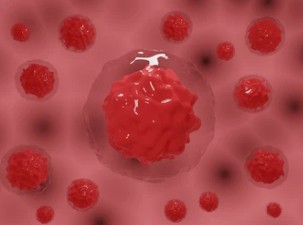
Fri, 2025/03/14
Discovery of short IL-18 and revelation of its anti-tumor mechanism
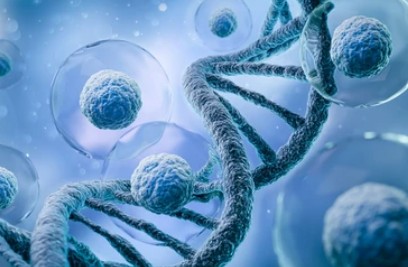
Thu, 2025/03/13
ABCC1 Turns into a Key 'Barrier' For Cancer Cells to Resist PROTAC Therapy
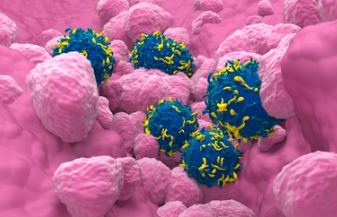
Mon, 2025/01/20

Mon, 2025/01/20
Scientists Have Discovered a New Method to Starve Prostate Cancer Tumors at the Cellular Level
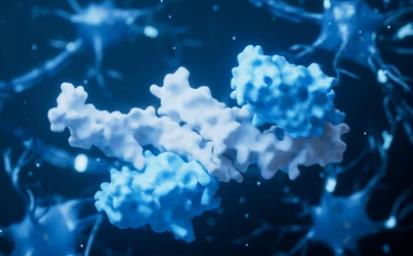
Mon, 2025/01/20
Chinese and American Scientists Collaborate To Develop a Protein Based Artificial Neural Network
